Alright – so today we’ve got the honor of introducing you to Amaranta Henriquez. We think you’ll enjoy our conversation, we’ve shared it below.
Hi Amaranta, thanks for joining us today. Was there a defining moment in your professional career? A moment that changed the trajectory of your career?
The defining moment in my professional career came during the COVID-19 pandemic. I had just become a fully licensed therapist right before the world shut down, and suddenly, I found myself providing therapy to first responders and medical professionals who were on the frontlines of an unprecedented crisis. The weight of their trauma was immense, and I felt a deep responsibility to help them manage their mental health so they could continue helping others.
This experience pushed me to delve even deeper into trauma work. I became certified in EMDR to provide the specialized care they needed, helping them process the daily traumas they were facing. As I did this work, I saw firsthand how critical trauma-informed care was, not just in moments of crisis but for anyone carrying unprocessed pain.
Then came the turning point—my caseload filled up, but the need didn’t stop. More and more first responders were being referred to me, and I knew what they needed, but I couldn’t take on any more clients alone. I couldn’t turn them away, not when I had the knowledge and skills to help. That’s when I made the leap from being a solo therapist to creating Luminous Mental Health Counseling. I hired my first two employees to expand the work I was doing, ensuring that more people could access trauma-informed therapy.
What started as a way to meet an immediate need has since grown into a full-fledged practice, serving a diverse community with specialized care. That moment—recognizing that I couldn’t do it all alone, but I could build something that could—changed the trajectory of my career. It reinforced my commitment to accessibility in mental health care and solidified my passion for creating spaces where people can heal.

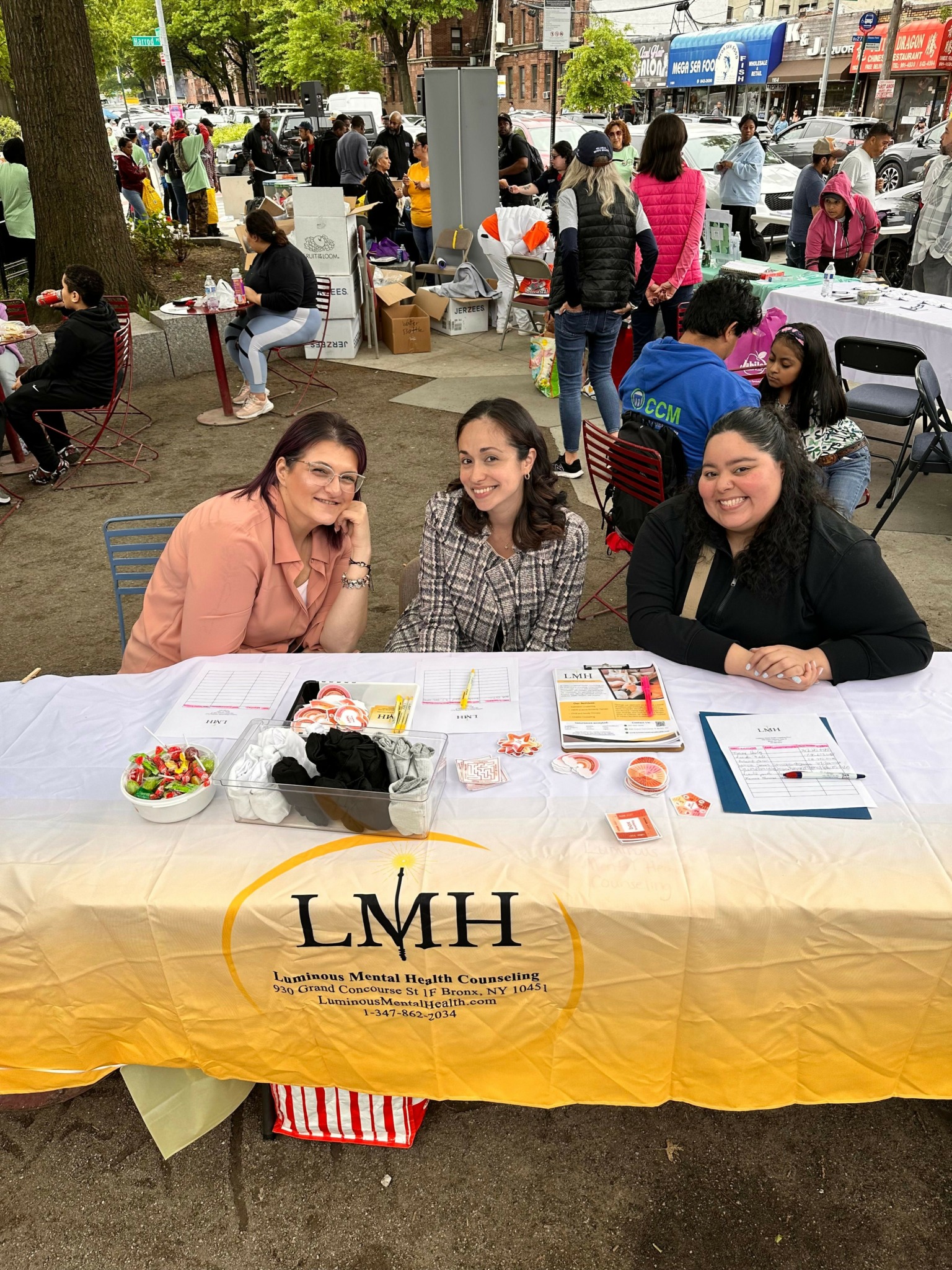
Great, appreciate you sharing that with us. Before we ask you to share more of your insights, can you take a moment to introduce yourself and how you got to where you are today to our readers.
I’m a psychotherapist and the owner of Luminous Mental Health Counseling, a trauma-focused therapy practice in the Bronx, NY. My journey into this field was shaped by my deep commitment to helping people navigate life’s challenges, particularly those struggling with the lasting effects of trauma.
My path to becoming a therapist was driven by a passion for mental health and a desire to provide meaningful, lasting support to those in need. I became fully licensed just before the COVID-19 pandemic, and that timing changed everything for me. As the world shut down and people faced an overwhelming crisis, I found myself working extensively with first responders and medical professionals who were dealing with the trauma of being on the frontlines. Their experiences led me to specialize even further in trauma work, and I became certified in Eye Movement Desensitization and Reprocessing (EMDR) to better serve them. Post college I had also worked as a case manager. This work involved me connecting clients with mental health care that I found was lacking in the Bronx. When I opened my practice this also pushed me to open right in the heart of my community so that I could be that safe space for them.
Luminous isn’t just a therapy practice—it’s a safe space where clients can heal without barriers. We specialize in trauma-informed care, including EMDR, CBT (Cognitive Behavioral Therapy), and CPT (Cognitive Processing Therapy), and work with a diverse range of clients, from children as young as five to adults facing various life challenges. Our clinicians speak English, Spanish, and Arabic, ensuring we can serve a broad community.
We provide therapy for:
Anxiety, depression, and trauma-related disorders
Family dynamics and relationship challenges
Women’s issues and life transitions
Children’s mental health, school-related concerns, and parenting support
Couples therapy and interpersonal healing
A major focus for us is accessibility.
We are a National Health Service Corps (NHSC) site, which means we serve an area with a mental health provider shortage and accept Medicaid-based insurances, all major providers, and offer a sliding scale for those without coverage. We believe that mental health care should be affordable, high-quality, and easy to access.
What Sets Us Apart
Trauma-Informed Care: Every clinician at Luminous is trained in trauma therapy, ensuring that no matter who a client sees, they receive care from someone who understands how past experiences impact their present.
Hybrid, Flexible Scheduling: We know that life is busy, so we offer both in-person and virtual sessions to fit our clients’ schedules.
Drop-In Therapy & Subscription-Based Services: To further remove barriers to care, we offer as-needed therapy sessions for people who don’t want long-term commitments, as well as subscription-based therapy options for clients who prefer a predictable, accessible way to receive care.
A Comfortable, Non-Medical Environment: Our practice is intentionally designed to feel welcoming and safe, unlike sterile medical offices. We want our clients to feel at ease the moment they walk in.
What I’m Most Proud Of
I’m incredibly proud of what Luminous has become—what started as a personal mission to provide therapy to those in crisis has now grown into a team of 13 diverse clinicians, all committed to trauma-informed care. We’re not just a therapy office; we’re a community resource, helping people heal in a way that works for them.
What I Want Clients & Followers to Know
You don’t have to struggle alone. Therapy isn’t just for crisis moments—it’s for anyone looking to improve their mental health, navigate life transitions, or break patterns that no longer serve them.
Access to quality therapy matters. Mental health care shouldn’t be a luxury. We work hard to make sure our services are available to as many people as possible.
Healing is a journey, and we’re here to walk with you. Whether you’re new to therapy or have been in it before, our goal is to create a space where you feel heard, supported, and empowered.
At Luminous, we’re redefining what mental health care looks like—making it accessible, specialized, and deeply human.
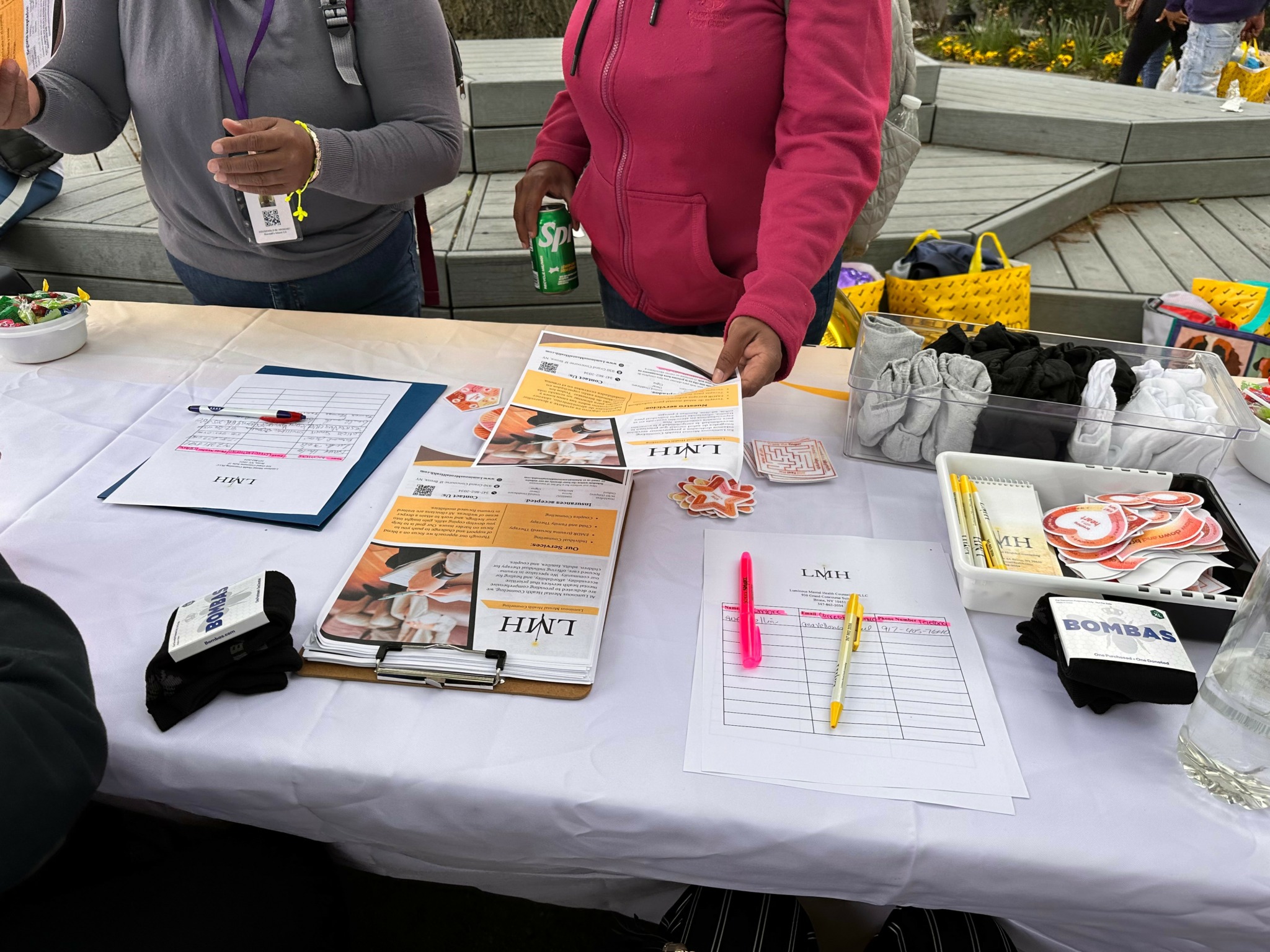

Training and knowledge matter of course, but beyond that what do you think matters most in terms of succeeding in your field?
Emotional intelligence: Therapy is about human connection. Clients need to feel seen, heard, and understood before any therapeutic intervention can be effective. The ability to read between the lines, pick up on nonverbal cues, and create a safe, judgment-free space is just as important as knowing clinical techniques.
Strong leadership: Running a successful therapy practice is not just about being a great therapist—it’s about managing a team, handling operations, and making strategic decisions.
A deep commitment to our mission of accessibility: I built my practice with barrier-free therapy in mind: accepting Medicaid-based insurances, offering sliding scale options, creating a drop-in therapy model, and even becoming an NHSC site to serve underserved communities.
Passion & Purpose-Driven Work: If you’re in this field for the wrong reasons (money, prestige, etc.), you won’t last.
I’ve stayed motivated because I genuinely believe in trauma-informed care and love the work I do. Seeing clients heal and helping my team grow is what keeps me going, even when things get tough.
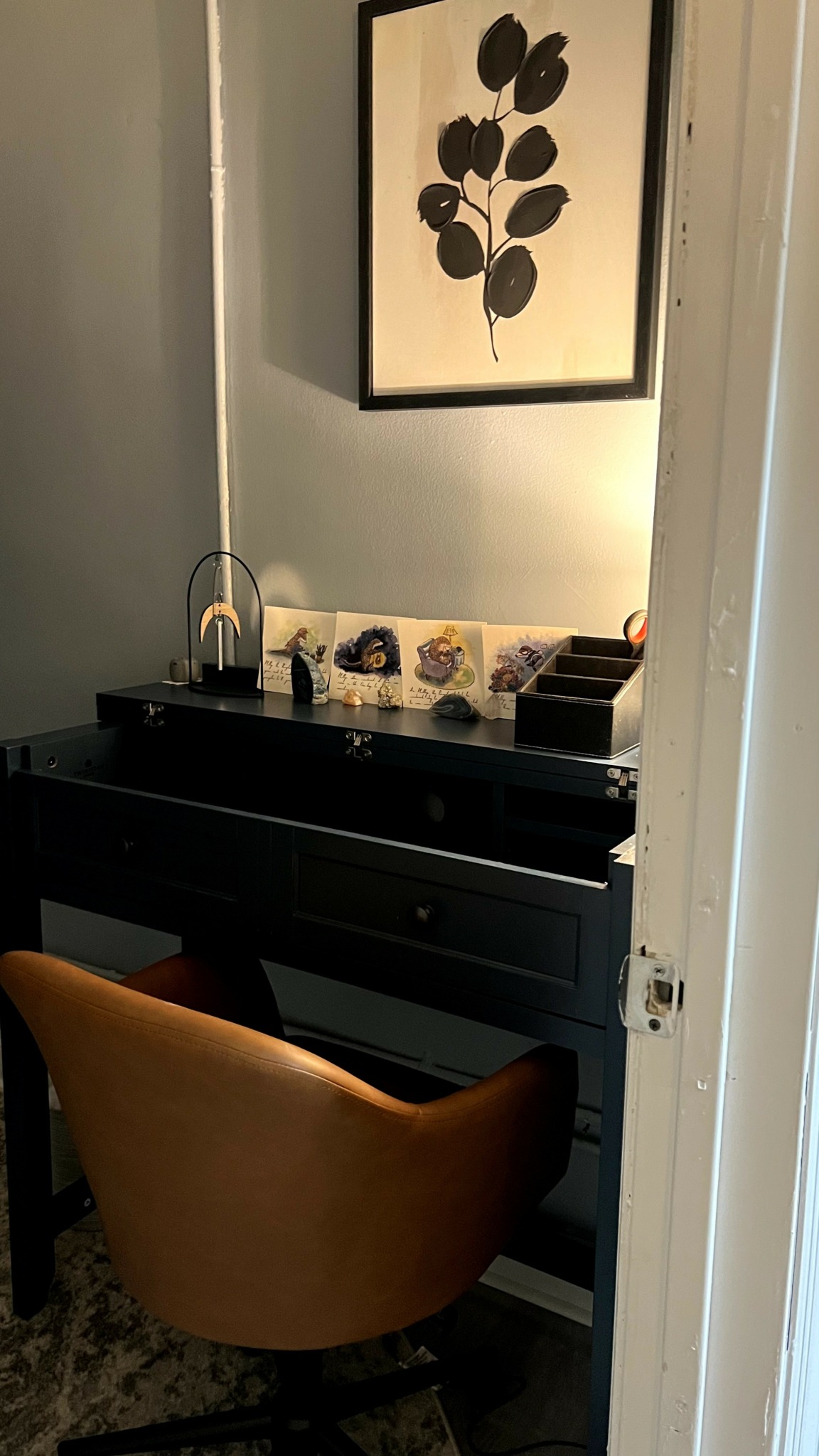
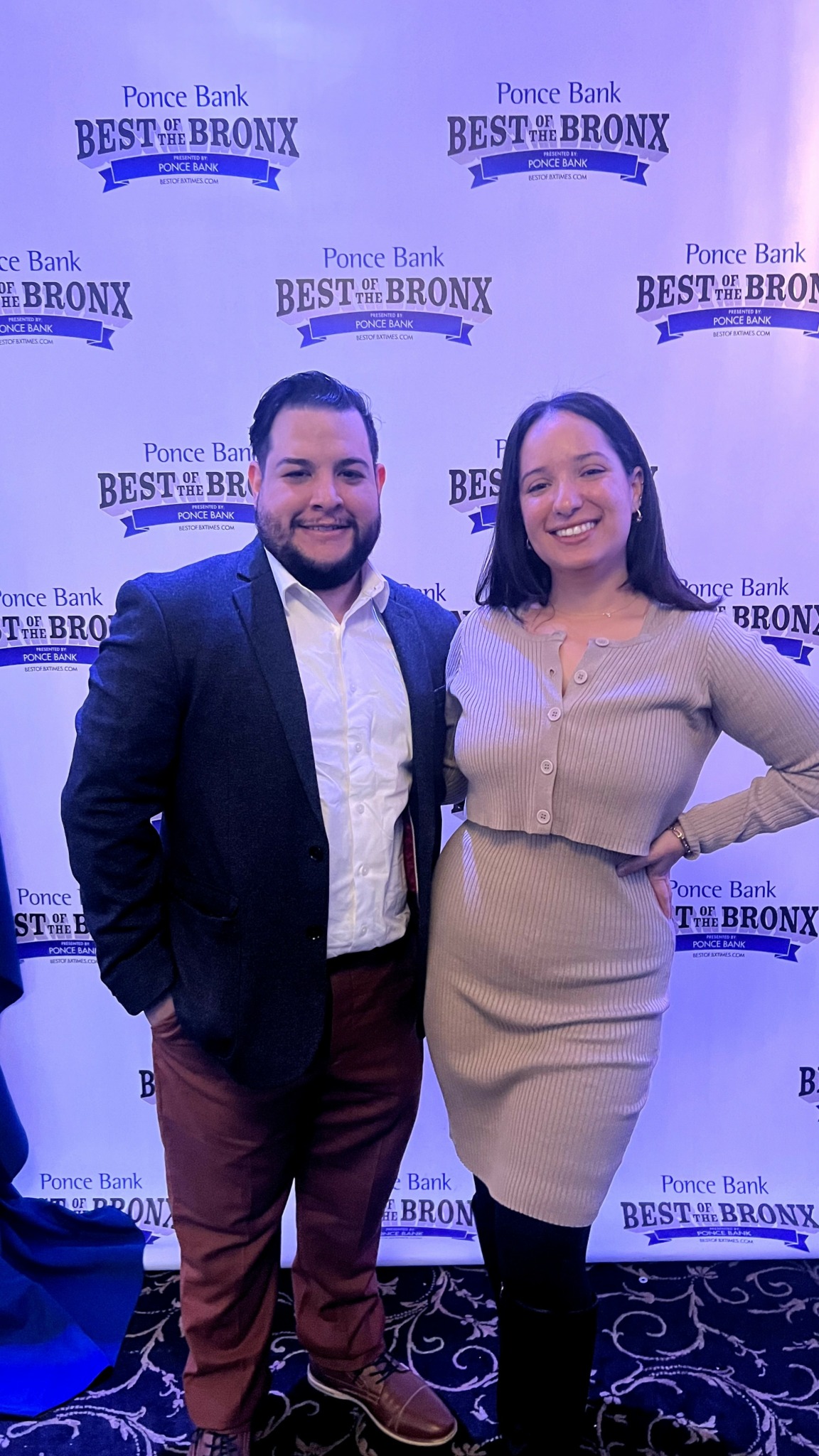
What do you think helped you build your reputation within your market?
I believe my reputation within the mental health field, particularly in trauma-informed care, was built on three core pillars: expertise, accessibility, and trust. Here’s what helped me establish Luminous Mental Health Counseling as a known and respected practice in our market:
1. Specializing in Trauma-Informed Care & EMDR
I became fully licensed right before the COVID-19 pandemic, and during that time, I worked extensively with first responders and medical professionals who were dealing with immense trauma. Seeing the urgent need for specialized trauma care, I pursued EMDR certification, which became a cornerstone of my practice.
Focusing on trauma work helped me build credibility as an expert in the field, particularly within hospitals, clinics, and community organizations that were looking for skilled trauma therapists.
Today, 11 out of 13 clinicians at Luminous are EMDR-trained, reinforcing our reputation as a trauma-focused practice.
2. Creating a Therapy Practice That’s Truly Accessible
Mental health care is often difficult to access, especially in communities like the Bronx, where there are provider shortages and limited trauma-focused services. I made it a priority to remove financial and logistical barriers by:
Accepting Medicaid-based insurances and major providers
Becoming an NHSC site (offering loan forgiveness for therapists working in underserved areas)
Offering a sliding scale for those without insurance
Introducing drop-in therapy sessions for clients who need support without long-term commitment
Launching a subscription-based therapy model for more predictable, affordable mental health care
Word-of-mouth referrals skyrocketed because people finally had a place that wouldn’t turn them away due to cost or lack of availability. Our commitment to accessibility made us a go-to resource for individuals, hospitals, and schools in need of therapy services.
3. Building Trust Through Consistency & High-Quality Care
Clients and referral sources know they can count on us. Whether it’s a hospital looking to refer trauma survivors or a school needing therapy for students, people trust that we provide compassionate, effective, and professional mental health care.
We prioritize hiring clinicians who are not only qualified but also aligned with our mission. Every therapist at Luminous is trained in trauma-informed care, ensuring that no matter who a client sees, they receive the same high standard of treatment.
Maintaining a comfortable, non-medical therapy environment also helps differentiate us—we’re not a fast-paced clinic but a space where people feel safe and heard.
4. Strong Community and Professional Relationships
Referrals from hospitals, clinics, and schools have been instrumental in growing our reputation. We have built strong relationships with:
Local hospitals and primary care offices that need trauma-informed therapists for their patients
Schools that rely on us for student mental health support
Other clinicians and practices who trust us with referrals
By consistently delivering quality care and maintaining professional relationships, we’ve established a reputation as a trusted provider in the Bronx mental health community.
5. A Commitment to Growth & Innovation
As mental health needs evolve, I ensure that Luminous evolves with them. We’ve introduced hybrid therapy options, solution-focused training for therapists, and innovative service models like subscription-based therapy and drop-in sessions.
We also prioritize clinician well-being, offering a 4-day work week and hybrid schedules to prevent burnout. This allows our therapists to do their best work, which in turn enhances our reputation for quality, sustainable mental health care.
At the heart of everything, it comes down to trust. I built my reputation by being consistent, providing expert trauma care, and ensuring that anyone who needed therapy had a place to go. By staying mission-driven and focused on accessibility, Luminous Mental Health Counseling has become a respected, reliable resource for both clients and professionals in our field.
Contact Info:
- Website: https://luminousmentalhealth.com
- Instagram: Luminousmhc
- Linkedin: https://www.linkedin.com/in/luminousmentalhealth/

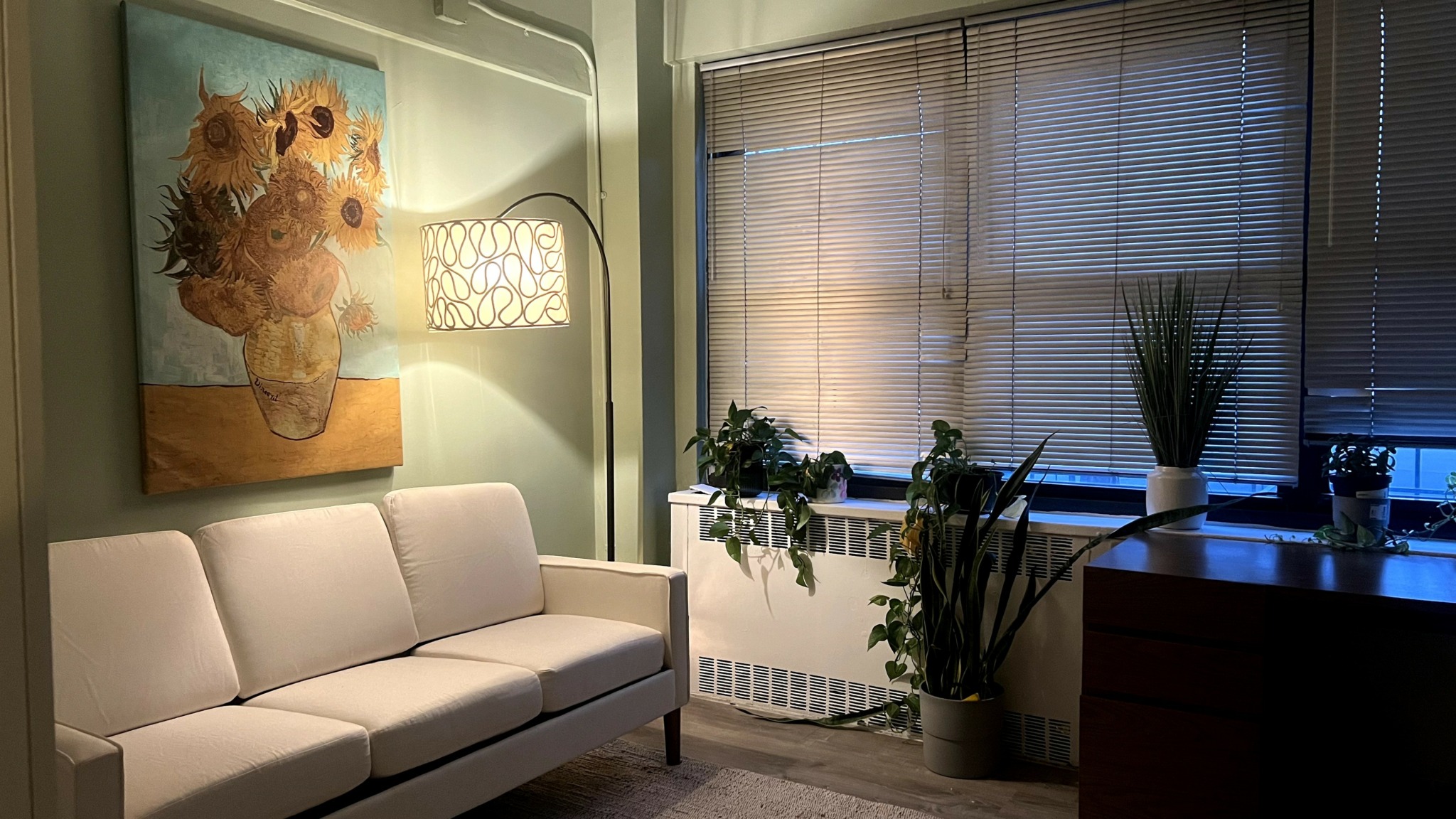
Image Credits
all photos were taken by me Amaranta Henriquez


